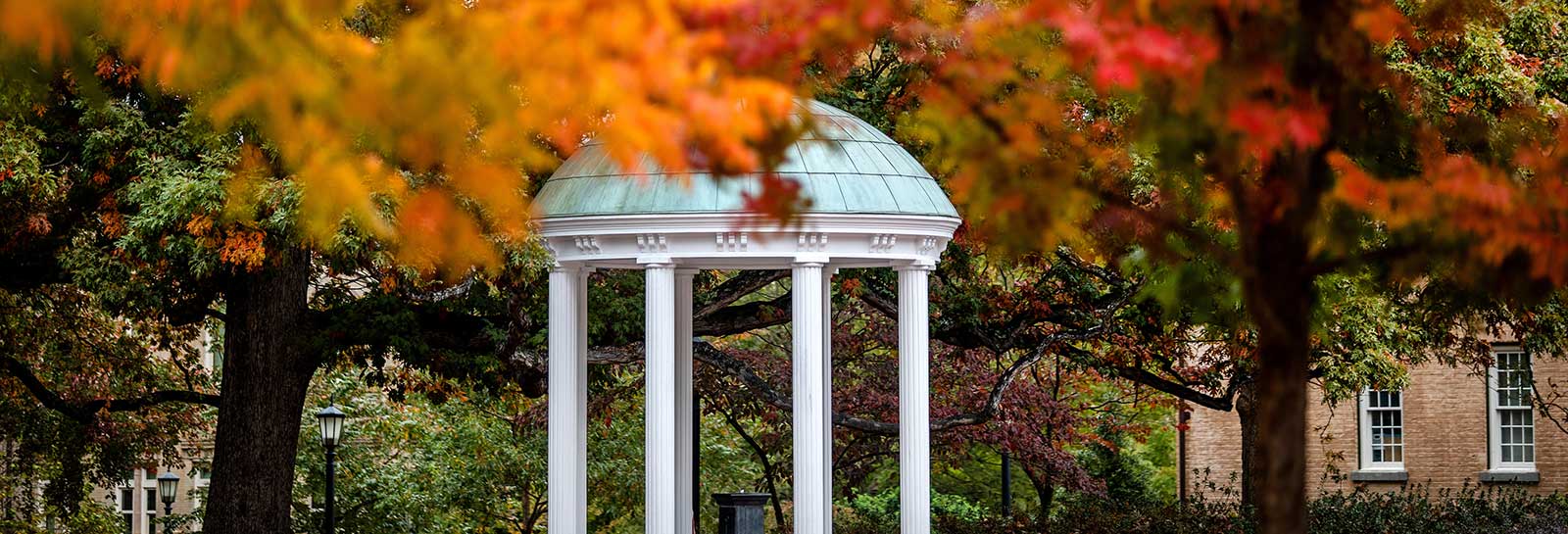- Membership
- Perks and Discounts
- Things To Do
- Resources
- News
- About
- Shop
Related Content
Angela Kashuba, Faculty Service Award citation
April 22, 2024
At the pharmacy school’s 50-year pinning ceremony of a Carolina Alumni board member, Eshelman School...
Read MoreGary Koch ’68 (PhD), Faculty Service Award citation
April 22, 2024
In the 1960s and ’70s, Gary Koch ’68 (PhD) held de facto office hours in...
Read MoreFormer School of Government Dean Receives Holshouser Award
March 19, 2024
This article was updated March 20, 2024. Mike Smith ’78 (JD), dean emeritus of the...
Read More-
2024
-
2023
-
2022
-
2021
-
2020
-
2019
-
2018
-
2017
-
2016
-
2015
-
2014
-
2013
-
2012
-
2011
-
2010
-
2009
-
2008
-
2007
-
2006
-
2005
-
2004
- Academics and Athletics
- Admissions
- Alumni Profiles
- Alumni Recognition
- Around Town
- Arts
- Books
- Campus Profile
- Campus Safety
- Carolina Alumni Awards
- Carolina Alumni Leadership
- Carolina Alumni Programs and Outreach
- Carolina Alumni Reunions
- Carolina Alumni Review
- Celebrations
- Championships
- College and Costs
- Commencement
- Coronavirus
- Discovery
- Extracurricular
- Faculty
- Faculty Awards
- For the People
- Go Heels
- Greek Life
- Hark the Sounds
- Higher Education
- Homecoming
- In Class
- In Memoriam
- Innovation and Technology
- Issues
- Object Lesson
- On View
- Our Treescape
- Philanthropy
- Podcast
- Public Service
- Race and Reckoning
- Research
- Sexual Assault
- Silent Sam
- Sports
- Structures
- Student Achievement
- Students
- Timelines
- Tuition and Financial Aid
- UNC Libraries
- UNC’s History
- Undergraduate Spotlight
- University Achievements
- University Awards
- University Budget Issues
- University Development
- University Leadership
- University News
- University Rankings
- What We Do
- Who We Are
- Young Alumni
- Yours at Carolina
Three Faculty Chosen Elite Science Fellows
Posted on Dec. 2, 2019
The AAAS Fellow honor comes with an expectation that recipients maintain the highest standards of professional ethics and scientific integrity. (File photo)
Three Carolina faculty members are among 443 scientists selected this year as fellows of the American Association for the Advancement of Science because of their scientifically or socially distinguished efforts to advance science or its applications. They are:
• Channing Der from the School of Medicine, for contributions to the field of cancer research;
• Kathleen Mullan Harris, sociology, for contributions to the field of social demography, particularly for research and data generation in relation to genetic aspects of health and social behavior; and
• Karin Pfennig, biology, for research on the role of behavior in adaptation and biodiversity, particularly on the importance of understanding the role of hybridization under changing climatic regimes.
Der, the Sarah Graham Kenan Distinguished Professor of pharmacology, is a member of UNC’s Lineberger Comprehensive Cancer Center. His research has centered on the RAS oncogene and cancer. He has authored more than 330 publications, holds six patents, has mentored more than 50 post-doctoral and 30 pre-doctoral fellows and is director of UNC Lineberger’s Integrated Training in Cancer Model Systems program. His honors include the NCI Outstanding Investigator Award, the Hyman L. Battle Distinguished Cancer Research Award, University of California-Irvine’s Distinguished Alumnus Award and the UNC Mentorship Award for Lifetime Achievement.
Harris, the James E. Haar Distinguished Professor of sociology and faculty fellow at the Carolina Population Center, is an internationally recognized scholar of social inequality, specializing in the areas of family, poverty and health. Harris has been at the forefront of revolutions in research design, data collection and data dissemination within the social and behavioral sciences and is credited with pioneering an integrative research program that merges social and biomedical sciences to advance knowledge on the development of health and social stratification trajectories across the life course.
Pfennig, a behavioral and evolutionary ecologist in the department of biology, blends field and laboratory work to investigate the role of behavior in the origins and maintenance of biodiversity. With support from the National Science Foundation, Pfennig and her lab are studying spadefoot toads to understand how behavior enables rapid adaptation to new habitat, which can enable species to spread into new areas or cope with global change. She also is a past recipient of a National Institutes of Health Director’s Innovator Award.
The tradition of AAAS fellows began in 1874. Members can be considered for the rank of fellow if nominated by the steering groups of the association’s 24 sections or by any three fellows who are current AAAS members, so long as two of the three sponsors are not affiliated with the nominee’s institution, or by the AAAS chief executive officer. The AAAS Fellow honor comes with an expectation that recipients maintain the highest standards of professional ethics and scientific integrity.
© 2024 Carolina Alumni
